
Enuresis is the medical term for one's inability to hold urine. It is also known under the name bed-wetting. Enuresis is classified as primary and secondary. There are many causes of enuresis in both adults and children. One of them is constipation.
Constipation or infrequent bowel movements accompanied by firm feces which is hard to pass is considered to be a potential cause of both primary and secondary enuresis. If a child between 3 and 12 years of age does not have at least one bowel movement per day, he/she is considered to suffer from constipation. In the majority of cases this medical issues is closely related to diets low in fiber and inadequate intake of fluids. Furthermore, children are prone to hold their stool and refuse to defecate which only makes matter worse.
Constipation and Enuresis - the Connection
Constipated children are at higher risk for nocturnal enuresis comparing to children with regular bowel movement. This can be easily explained. Namely, the rectum and the bladder are located close to each other. Because of that when the rectum is full (contain feces) it easily puts pressure to the bladder, leaving less space for urine. As a result, the child may not be able to hold the same amount of urine as he/she used to and this eventually results in enuresis. It may be that enuresis also occurs due to reduced urge to urinate which is a consequence of large stool mass pressing against the bladder.
Treatment for Constipation-Induced Enuresis
It is essential to treat constipation on time and this way prevent enuresis from developing. Also if constipation is brought under control other health issues are prevented as well. Even if a child has developed enuresis because it is chronically constipated, there are ways to help him/her and reverse the entire process.
The treatment may require a lot of patience and parents must be considerate towards their children. The child must have specific dietary changes and also adopt new habits and routines regarding defecation. If parents do not know what the diet of their child must contain, they should consult a well experienced dietitian. Apart from appropriate diet the child should drink plenty of water throughout the day. By doing so, the stool becomes softer and is easily eliminated. Also by rewarding the child each time he/she defecates parents may change bad attitude towards passing stool and motivate the child not to hold stool any more.
Once constipation is regulated, the child will also overcome enuresis. However, if enuresis remains, parents are due to investigate further and try to find out why their child still cannot control urination.



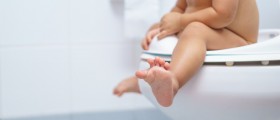
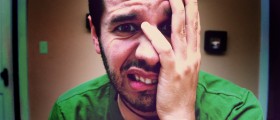

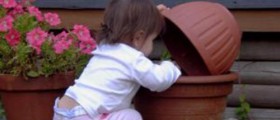

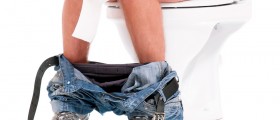
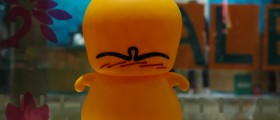
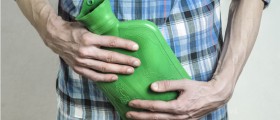


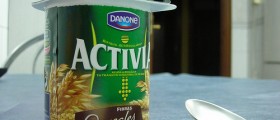
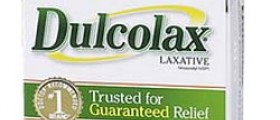


Your thoughts on this
Loading...